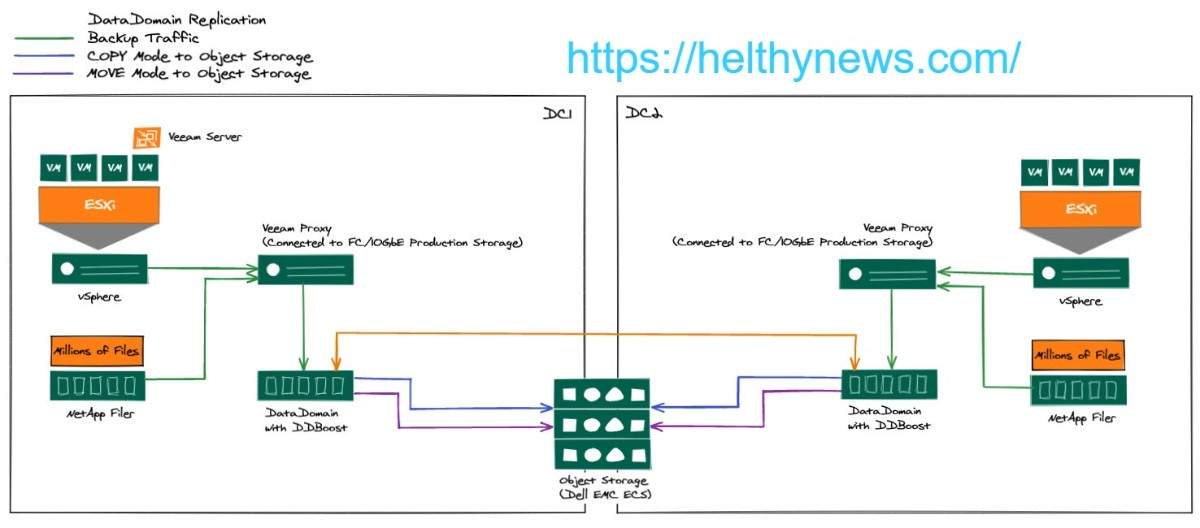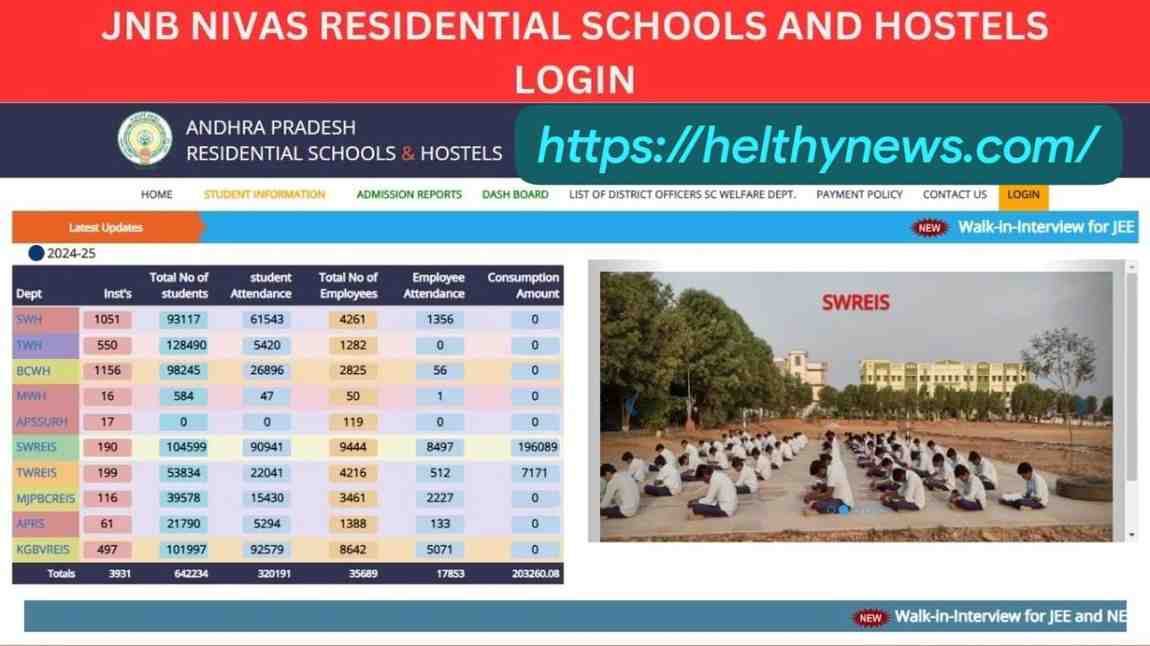
As an SBI client and an universal traveler, it’s vital to have a clear understanding of the charges related with the SBI PayPass International Debit Card. In this comprehensive guide, we’ll explore the different charges that you just may experience while utilizing this card and give profitable tips to play down these charges.
Introduction
The SBI PayPass International Debit Card offers a helpful and secure way to create installments while traveling overseas. With its contactless innovation and wide acknowledgment, it has ended up a popular choice for universal travelers. Be that as it may, it’s fundamental to familiarize yourself with the charges related with this card to maintain a strategic distance from any surprises during your travel.
Understanding SBI PayPass International Debit Card Charges
Transaction Fees
When utilizing your SBI PayPass International Debit Card for buys or cash withdrawals, you’ll bring about exchange expenses. These expenses are more often than not a rate of the exchange sum or a settled sum per exchange. It’s vital to be mindful of these expenses and calculate them into your travel budget.
Foreign Exchange Markup
Another charge to consider is the foreign exchange markup.This charge is connected once you make a exchange in a cash other than your card’s base money. It is as a rule a rate of the exchange sum and can shift between distinctive card guarantors. Understanding the foreign trade markup will assist you evaluate the in general fetched of your exchanges.
ATM Withdrawal Fees
If you plan to use your SBI PayPass International Debit Card to withdraw cash from ATMs abroad, you may encounter ATM withdrawal fees. These fees can vary depending on the ATM network and location. It’s advisable to choose fee-free ATMs or withdraw larger amounts to minimize the frequency of withdrawals and associated fees.
Card Replacement Fees
In the unfortunate event of losing your SBI PayPass International Debit Card while traveling, you may need to get a replacement card. Card replacement fees may apply, and it’s important to know the charges involved. It’s always a good practice to keep your card safe and have a backup plan in case of emergencies.
Tips to Minimize Charges
While it’s challenging to completely avoid charges while using your SBI PayPass International Debit Card, there are several strategies you can employ to minimize them:
- Plan your expenses: Have a clear budget in mind to avoid unnecessary transactions and fees.
- Use local currency: Opt to make payments in the local currency to avoid dynamic currency conversion fees.
- Choose merchants wisely: Some merchants may charge additional fees for card payments. Be mindful of these charges and choose merchants that offer fee-free or lower-cost payment options.
- Opt for fee-free ATMs: Research and identify ATMs that don’t charge withdrawal fees. These ATMs may be affiliated with your card network or partner banks.
Comparing SBI PayPass with Other International Debit Cards
To pick up distant better;a much better;a higher;a stronger;an improved”>a distant better understanding of the charges related with the SBI PayPass Worldwide Charge Card, it’s helpful to compare it with other international debit cards within the advertise. Consider the highlights, benefits, and charge structures of distinctive cards to form an educated choice that suits your travel needs.
Case Studies or Examples
Let’s explore some real-life scenarios to illustrate the impact of understanding the charges associated with the SBI PayPass International Debit Card:
Case Study – Traveling on a Budget:
John, an avid traveler, planned a two-week vacation to Europe. By fastidiously arranging his expenses, using neighborhood cash whenever conceivable, and choosing merchants that offered fee-free transactions, John was able to play down the charges on his SBI PayPass International Debit Card, permitting him to remain inside his travel budget.
Case Study – Unplanned Expenses:
Sarah, a first-time international traveler, faced unexpected expenses during her trip to Australia. Due to her lack of planning and understanding of the charges associated with her SBI PayPass International Debit Card, she incurred higher transaction fees and foreign exchange markups. This case highlights the importance of being well-informed and prepared to avoid unnecessary charges.
Case Study – Comparing Cards:
Amit, a frequent international traveler, compared the SBI PayPass Card with other international debit cards. While other cards offered lower foreign exchange markups, Amit found that none matched the convenience and wide acceptance of the SBI PayPass Card. This case emphasizes the importance of considering not only charges but also other factors such as card acceptance and accessibility.
Conclusion
Having a clear understanding of the charges related with the SBI PayPass International Debit Card is significant for managing your funds while traveling. By being mindful of exchange expenses, outside trade markups, ATM withdrawal fees, and card substitution fees, you’ll be able arrange your costs successfully and minimize unnecessary charges. Keep in mind to take after the provided tips and compare different cards to form the most excellent choice for your travel needs. Enjoy your travels with peace of mind, knowing that you are well-informed approximately the charges related together with your SBI PayPass International Debit Card.






